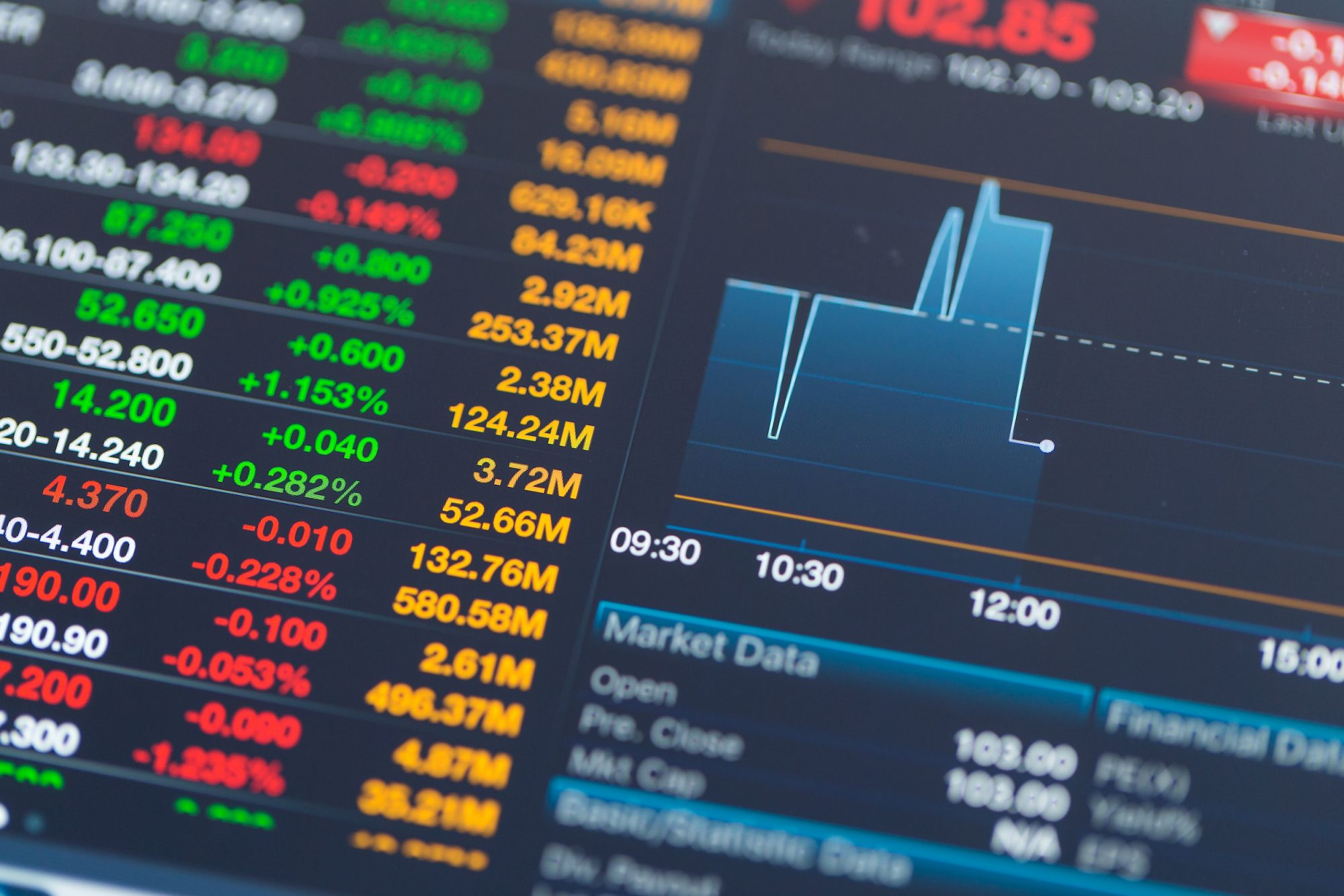QNB, Negative Impact of Energy Crisis on EU Economy to Continue
بنك قطر الوطني يتوقع استمرار التأثير السلبي لأزمة الطاقة على الاقتصاد الأوروبي
QNA
Doha: Qatar National Bank (QNB) confirmed that European economies are facing strong headwinds as a result of weak consumer demand and industrial production, as well as tightening monetary policy and limited financial support. These headwinds were caused by rising energy prices and limited gas imports from Russia due to the war in Ukraine, amid speculations that the war will continue until 2023, which means that recession in Europe has become inevitable, and inflation is likely to remain high throughout next year.
QNB’s weekly report showed that Europe’s dependence on Russian gas has increased over the past few years, despite huge investments in renewable energy sources.
The share of Russian gas exports to Europe increased from 26 percent in 2001 to 37 percent in 2019, and with the outbreak of war in Ukraine, Russia is using dependence on its gas to try to undermine Europe’s support for Ukraine and pressure for sanctions relief.
The report pointed out that the dependence on Russian gas has led to a rise in prices to record levels throughout the European continent, adding: “gas plays an important role in the European economy, as it is secondary fuel in the production of electricity, therefore, the record rise in prices negatively affects the European economy, but, in the absence of an imminent solution to the war in Ukraine, financial markets began to expect a steady rise in gas prices in 2023 and 2024.
The report touched on the implications of the continued rise in gas prices on the economic outlook for Europe, and its impact on consumer demand, industrial production, monetary policy and fiscal policy.
In this context, the report pointed out that consumer demand has already been affected by high energy prices, limited capacity, and tight labor markets. Consumer confidence has deteriorated sharply, seeing a further decline since May and utility bills are expected to double in many countries.
Similarly, the cost of holidays, prices for restaurants and other services have risen sharply due to limited capacity at airports and hotels, which have not been able to hire enough staff, despite significant wage increases, in addition, commodity prices remain high, as global supply chains are experiencing a slow decline.
The report showed that the record rise in gas prices has led gas users from large companies to reduce consumption by a little more than 10 percent, and in response to Russia’s reduction in gas flows, the EU discussed the possibility of setting a target to reduce total gas use by 15 percent in 2022, but if Russia completely cuts off gas supplies, this may not be enough, and Goldman Sachs estimates that stopping Russian gas supplies via the Nord Stream pipeline would reduce GDP by 3.5 percent in the eurozone.
Regarding the impact on monetary policy, the report considered that both the ECB and the Bank of England are lagging behind the significant interest rate increases implemented by the US Federal Reserve, which is putting downward pressure on the euro and the pound sterling, as their value has depreciated compared to the US dollar.
The report concluded that fiscal policy cannot save the situation for two reasons, firstly, current governments suffer from higher levels of deficits and indebtedness compared to governments that preceded the pandemic, which limits the space available in the financial aspect, secondly, governments cannot provide large-scale support to all companies and households without increasing inflation and energy demand, therefore, financial support should be limited and targeted, with direct payments to the most vulnerable companies and households.
قنا
الدوحة: أكد بنك قطر الوطني /QNB/ أن الاقتصادات الأوروبية تواجه رياح معاكسة قوية نتيجة لضعف الطلب الاستهلاكي والإنتاج الصناعي، فضلا عن تشديد السياسة النقدية ومحدودية الدعم المالي، ونتجت هذه الرياح المعاكسة، بفعل ارتفاع أسعار الطاقة، ومحدودية واردات الغاز من روسيا جراء الحرب في أوكرانيا، وسط تكهنات باستمرار الحرب حتى عام 2023، مما يعني أن الركود في أوروبا أصبح أمرا محتما، ومن المرجح أن يظل التضخم مرتفعا طوال العام المقبل.
وأوضح التقرير الأسبوعي لبنك قطر الوطني تزايد اعتماد أوروبا على الغاز الروسي خلال السنوات القليلة الماضية على الرغم من الاستثمارات الضخمة في مصادر الطاقة المتجددة.
وأضاف: ارتفعت نسبة صادرات الغاز الروسي إلى أوروبا من 26 بالمائة عام 2001 إلى 37 بالمائة عام 2019، ومع اندلاع الحرب في أوكرانيا، تستخدم روسيا الاعتماد على غازها لمحاولة تقويض دعم أوروبا لأوكرانيا والضغط لتخفيف العقوبات.
ولفت التقرير إلى أن الاعتماد على الغاز الروسي أدى إلى ارتفاع الأسعار إلى مستويات قياسية في جميع أنحاء القارة الأوروبية، وأضاف “يلعب الغاز دورا مهما في الاقتصاد الأوروبي حيث يستخدم لتدفئة المنازل وفي الصناعات الثقيلة وكوقود ثانوي في إنتاج الكهرباء، وبالتالي، فإن الارتفاع القياسي في الأسعار يؤثر سلبا على الاقتصاد الأوروبي، لكن، في غياب حل وشيك للحرب في أوكرانيا، بدأت الأسواق المالية تتوقع حدوث ارتفاع مستمر في أسعار الغاز في عامي 2023 و2024”.
وتطرق التقرير إلى تداعيات الارتفاع المستمر لأسعار الغاز على التوقعات الاقتصادية لأوروبا، وتأثيرها المترتب على الطلب الاستهلاكي والإنتاج الصناعي والسياسة النقدية والسياسة المالية.
وفي هذا السياق أشار التقرير إلى أن الطلب الاستهلاكي تأثر بالفعل بارتفاع أسعار الطاقة، ومحدودية السعة، وضيق أسواق العمل، فقد تدهورت ثقة المستهلكين بشكل حاد، حيث شهدت تراجعا إضافيا منذ مايو وأصبح من المتوقع أن تتضاعف فواتير الخدمات في العديد من البلدان.
وبالمثل، ارتفعت تكلفة العطلات وأسعار المطاعم وغيرها من الخدمات بشكل حاد بسبب محدودية السعة في المطارات والفنادق، التي لم تتمكن من تعيين عدد كاف من الموظفين، على الرغم من الزيادات الكبيرة في الأجور، بالإضافة إلى ذلك، لا تزال أسعار السلع مرتفعة، حيث تشهد سلاسل التوريد العالمية تراجعا بطيئا.
وبين التقرير أن الارتفاع القياسي في أسعار الغاز أدى إلى قيام مستخدمي الغاز من الشركات الكبيرة بتقليل الاستهلاك بنسبة تزيد قليلا عن 10بالمائة، وللاستجابة لخفض روسيا لتدفقات الغاز، ناقش الاتحاد الأوروبي إمكانية تحديد هدف لخفض الاستخدام الكلي للغاز بنسبة 15بالمائة عام 2022، لكن إذا قطعت روسيا إمدادات الغاز بشكل كامل، فقد لا يكون هذا كافيا، وتقدر مؤسسة /غولدمان ساكس/ أن وقف إمدادات الغاز الروسي عبر خط أنابيب /نورد ستريم/ من شأنه أن يخفض الناتج المحلي الإجمالي بنسبة 3.5 بالمائة في منطقة اليورو.
وفيما يتعلق بالتأثير على السياسة النقدية، اعتبر التقرير أن كل من البنك المركزي الأوروبي وبنك إنجلترا متأخرين عن الزيادات الكبيرة في أسعار الفائدة التي ينفذها الاحتياطي الفيدرالي الأمريكي، وهو ما يشكل ضغوطا هبوطية على اليورو والجنيه الإسترليني، حيث انخفضت قيمتهما مقارنة بالدولار الأمريكي.
واستنتج التقرير انه لا يمكن للسياسة المالية أن تنقذ الوضع، وذلك لسببين، أولا، تعاني الحكومات الحالية من مستويات أعلى من العجز والمديونية مقارنة بالحكومات التي سبقت الجائحة، مما يحد من الحيز المتاح في الجانب المالي، ثانيا، لا تستطيع الحكومات تقديم دعم واسع النطاق لجميع الشركات والأسر دون زيادة التضخم والطلب على الطاقة، لذلك، يجب أن يكون الدعم المالي محدودا وموجها، مع مدفوعات مباشرة للشركات والأسر الأكثر ضعفا.




